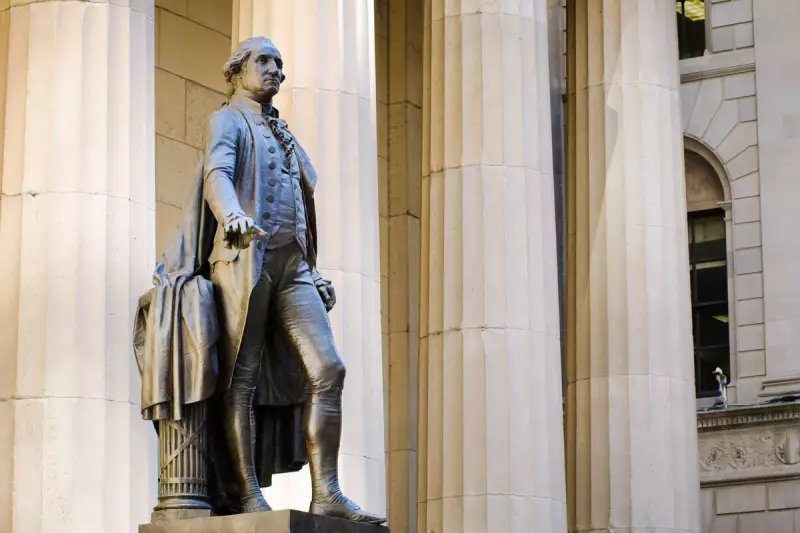
On a stormy November morning in 1789, America's first president prepared for a landmark occasion that would combine religious observance with crucial political messaging. George Washington's first Thanksgiving as president proved to be anything but celebratory in the traditional sense, yet it revealed much about his vision for the fledgling nation.
A Presidential Preparation Amidst Adversity
Thursday, November 26, 1789 dawned with miserable weather in New York City, where the nation's capital temporarily resided. President Washington rose early at the President's House on Cherry Street, where his enslaved valets William "Billy" Lee and Christopher Sheels assisted him in his morning preparations. The president dressed carefully in his favourite black velvet suit, complete with white neckwear and yellow gloves, before making the short journey to St. Paul's Chapel on Broadway.
The sparse attendance at the chapel service disappointed Washington, who noted in his diary that despite the "most inclement and stormy" conditions, he attended church only to find "but few people at Church." This marked a stark contrast to the significance Washington had attached to this first presidential Thanksgiving.
Political Purpose Behind the Proclamation
Washington had issued his Thanksgiving proclamation on October 3, 1789, following recommendations from a joint committee of the Senate and House of Representatives. Unlike modern Thanksgiving celebrations, this wasn't yet established as an annual federal holiday - that would only happen in 1863 under Abraham Lincoln.
The president saw this occasion as vital for national unity. In his proclamation, Washington urged Americans to devote themselves to "the service of that great and glorious Being, who is the beneficent Author of all the good that was, that is, or that will be." More importantly, he explicitly called for citizens to "all unite" despite the many divisions and separate interests that threatened the young nation.
Washington's approach demonstrated what scholars describe as a form of virtuous populism. Rather than appealing to anger or division, he sought to share in the people's rituals, worship their God, and speak their language. His Thanksgiving wasn't merely religious but served a crucial civic purpose in binding together the recently formed United States.
Compassion for the Incarcerated
While the weather may have dampened church attendance, Washington ensured that the Thanksgiving spirit reached those most in need. In a remarkable gesture, the president donated a substantial sum from his personal funds to provide beer and food for debt prisoners confined in New York City's jail.
This act of generosity resonated deeply with the recipients. A week later, in the December 3 issue of the New York Journal, the prisoners published their "grateful thanks" to President Washington for his "very acceptable donation." This compassionate act demonstrated Washington's understanding that true leadership involved caring for all citizens, even those society had cast aside.
Washington's self-awareness about his own flaws as a slave owner and military leader informed his humble approach to leadership. He understood the symbolic power of his position and leveraged it carefully, acknowledging the nation's imperfections while striving toward a more perfect union.
Enduring Legacy of Political Theatre
In an era without social media or mass communication, Washington recognized that personal appearances mattered profoundly. He attended balls, dinners, church services, and public receptions constantly, using every opportunity to connect with diverse Americans.
During his presidential travels between 1789 and 1791, Washington met with women, Jewish leaders, enslaved individuals, textile workers, and churchgoers from all walks of life. These interactions created a new form of political theatre that made ordinary citizens feel they had voices in the emerging political culture.
Though his first presidential Thanksgiving may have seemed unsuccessful due to poor attendance, it represented an important step in Washington's broader strategy to bring the executive branch closer to the people. His proclamation ended with a prayer that government might become "a blessing to all the people" through "wise, just, and constitutional laws" - a vision that continues to resonate in American political life.





